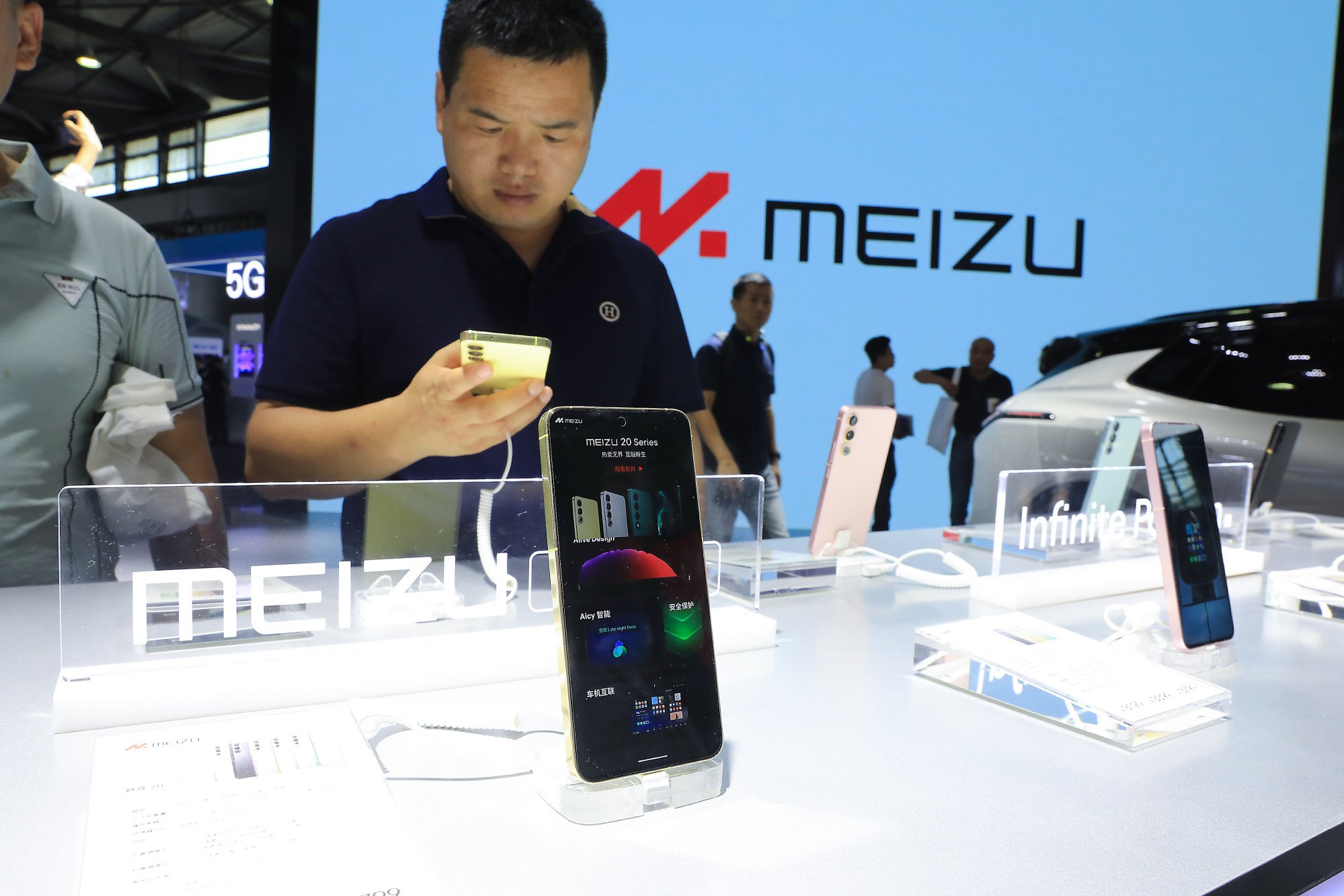Xingji Meizu Group, established only in March, said it made the decision “in the face of uncertainties in the global economic environment” and would focus more on product innovation and software user experience from now on, according to reports by local media outlets including the state-run Securities Times and business news website Jiemian.
The firm’s chip team was said to be employing some 200 people, including 40 fresh graduates.
Xingji Meizu did not immediately respond to a request for additional comments on Wednesday.

At the time, Oppo blamed its “difficult decision” on “uncertainties in the global economy and smartphone market”. The move affected nearly 3,000 workers, hired by Zeku after it was set up in 2019 to design chips for Oppo’s gadgets.
Advertisement
The abrupt closure surprised the industry, as Zeku had been putting out job postings as late as two weeks before the announcement. The advertised vacancies had covered dozens of positions, including a chip architecture engineer and several chip verification and software coders.
3 barriers to China’s hi-tech self-sufficiency quest – and 1 potential pay-off
3 barriers to China’s hi-tech self-sufficiency quest – and 1 potential pay-off
The demise of Oppo and Meizu’s chip units highlights the challenges faced by fabless chip designers in China. Under sanctions that restrict the export of advanced chips containing US-origin technology, it has become increasingly difficult for Chinese fabless companies to find manufacturers to produce their designs.
After shedding its chip unit, Xingji Meizu is expected to focus on supporting Geely’s efforts to bolster the carmaker’s software capabilities and its development of smart vehicles, as competitors race to build connected ecosystems.
In June, Swedish electric vehicle maker Polestar said it had formed a joint venture with Xingji Meizu. The two firms will collaborate on building an operating system for Polestar cars sold in mainland China.
Advertisement
Meizu, established two decades ago, had been one of the most popular smartphone brands in China before losing its market share to rivals including Oppo, Vivo, Honor and Xiaomi. By the first quarter of 2022, Meizu held just 0.1 per cent of the market, according to research firm IDC.
Advertisement


